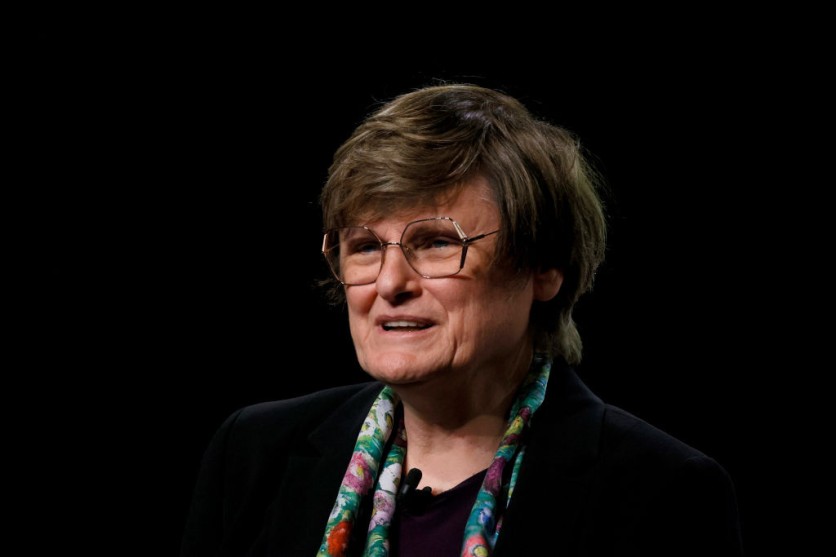Even after a promising experiment sparked expectations for the potential of messenger RNA (mRNA) vaccines, one of the field's early proponents now warns that the treatments have limitations when it comes to fighting cancer.

Limitations Behind Success
According to Bloomberg's report, ex-BioNTech SE executive and current University of Pennsylvania researcher Katalin Kariko are generally credited with laying the groundwork for the technology's effectiveness during the Covid-19 epidemic.
Now, she has speculated that patients with just a small number of cancer cells may benefit most from tumor-fighting mRNA vaccines.
To combat cancer, vaccinations operate by instructing the immune system to recognize and destroy cancer cells by detecting certain antigens. However, Kariko emphasized that the subsequent reaction likely would not be strong enough to wipe out a tumor's mass.
In an interview at Semmelweis University in Budapest, where she was awarded, Kariko noted that the immune cells could not combat a massive, gigantic tumor.
She said that this highlights the need to shift our emphasis to early detection, such as by developing blood tests that may identify malignancies years before patients would otherwise be diagnosed.
According to Kariko, the technology's potential was recently shown by the results of research that combined a personalized vaccination developed by Moderna Inc. with Merck & Co.'s best-selling cancer medicine Keytruda.
She stressed that the study was conducted in individuals whose tumors had previously been surgically removed. The results suggest that although the findings show that an mRNA vaccine may be used to combat cancer, it is crucial to note that this is not the case for everyone.
Some cancer cells survive, and the vaccine cannot be used to fight them, said Kariko.
Innovative Treatments
The mRNA technology was originally introduced to patients during the mad scramble for a Covid vaccine or treatment. It is now rapidly growing in the field of oncology.
To develop more mRNA therapies, both Moderna and BioNTech are reinvesting billions of dollars in their research and development programs from selling their blockbuster Covid vaccines.
The combined mRNA vaccination used in the Moderna-Merck melanoma research reduced the probability of cancer coming back after surgery or death by 44%.
Moderna CEO Stephane Bancel told Bloomberg that the company aims to increase output to perform a variety of late-stage clinical studies in the hopes that the technology would be effective against additional kinds of malignancies.
He compared the progress that has been made in mRNA technology to the revolution in cancer treatment brought about by the introduction of immunotherapies like Keytruda. "We're going to be very aggressive."
Leadership Pressure
BioNTech is looking into a wide variety of cancers, including melanoma, using its experimental mRNA therapies.
Kariko claims to consult for BioNTech despite resigning as senior vice president earlier this year. She said she had faced intense pressure to succeed in her leadership roles. "With two-three hours of sleep, that was unsustainable."
Now that she is 67, she wants to focus on helping young people develop an interest in science via research and teaching.
Also Read : The First 'Vagina-on-a-Chip' May Aid Researchers in Testing Drugs for Bacterial Vaginosis

![Apple Watch Series 10 [GPS 42mm]](https://d.techtimes.com/en/full/453899/apple-watch-series-10-gps-42mm.jpg?w=184&h=103&f=9fb3c2ea2db928c663d1d2eadbcb3e52)



